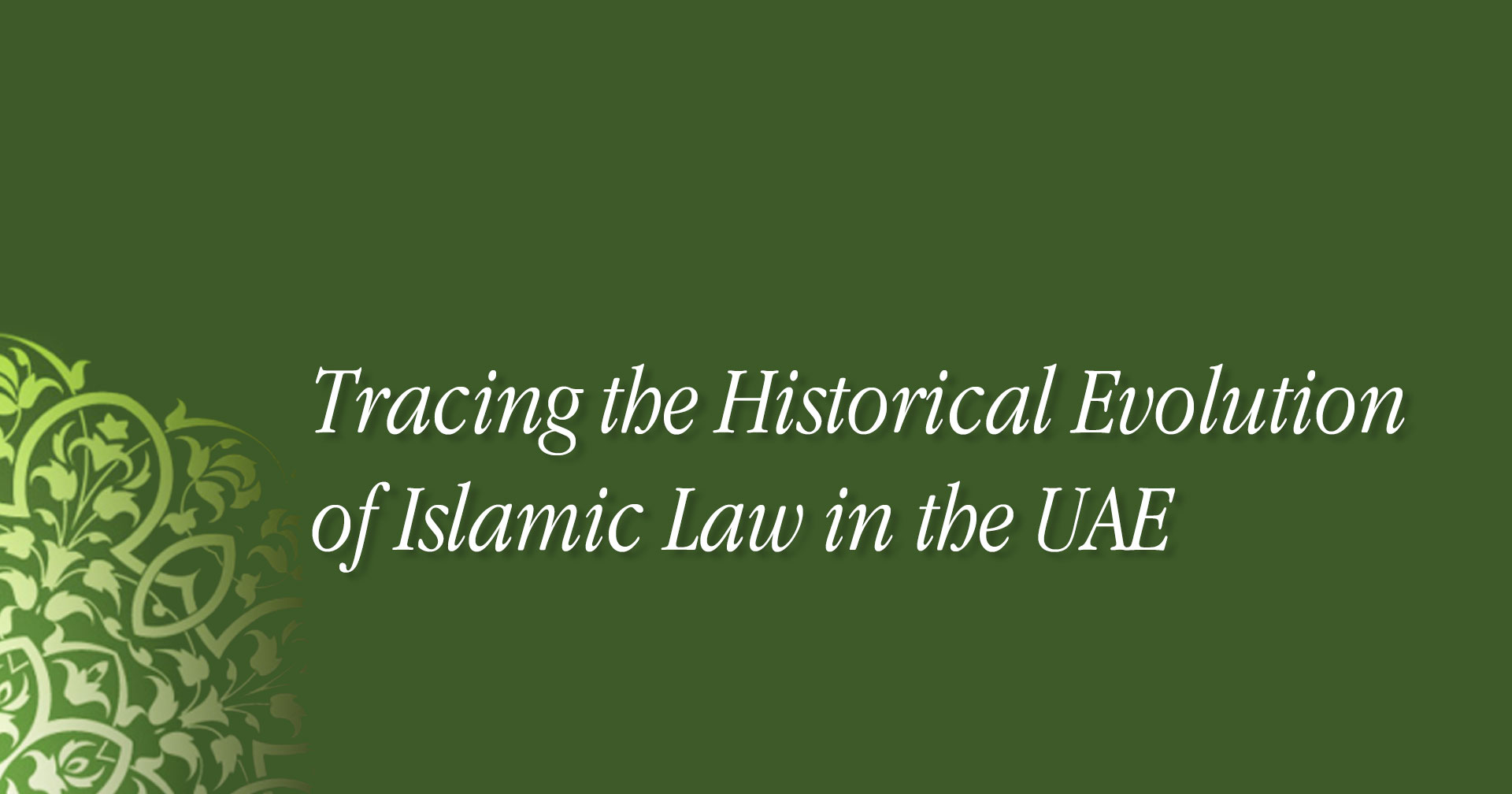The evolution of Islamic law (Sharia) in the United Arab Emirates (UAE) is deeply intertwined with the country’s history, culture, and governance structures. Here’s a brief overview:
Pre-Independence Era:
Before the formation of the UAE as a unified nation in 1971, the region consisted of several emirates, each with its own distinct legal system. These systems were deeply rooted in Islamic law (Sharia) and local customs. Sharia governed various aspects of daily life, including family matters like marriage, divorce, and inheritance, as well as commercial transactions and disputes.
Formation of the UAE:
Following the formation of the UAE, efforts were made to harmonize and unify the legal systems of the individual emirates. The UAE Constitution, adopted in 1971, established Islam as the official religion of the country and declared that Sharia is a principal source of legislation. This constitutional recognition of Sharia laid the foundation for its continued importance in the legal system of the UAE.
Federal Legal System:
The UAE operates under a dual legal system comprising federal laws and local laws. Federal laws are enacted by the national government and apply uniformly across all emirates. They cover areas such as criminal law, commercial law, and labor law. Local laws, on the other hand, are issued by individual emirates and often deal with matters of personal status, such as marriage, divorce, and inheritance. These local laws typically incorporate principles of Sharia, reflecting the cultural and religious values of the population.
Judicial System:
The UAE’s judicial system is structured to accommodate both civil and Sharia law. It includes civil courts, criminal courts, and Sharia courts. Sharia courts, also known as Personal Status Courts, specialize in matters pertaining to personal status and family law. These courts apply Islamic law principles to resolve disputes related to marriage, divorce, child custody, and inheritance. While Sharia courts primarily follow Sunni Islamic jurisprudence, which is the dominant branch of Islam in the UAE, they also take into account local customs and traditions.
Modernization and Reform:
In line with its vision for development and progress, the UAE has undertaken significant efforts to modernize and reform its legal framework while preserving Islamic values. This includes the establishment of specialized courts, such as commercial courts and labor courts, to address the evolving needs of a rapidly growing economy and society. Additionally, the country has implemented legal reforms aimed at enhancing access to justice, promoting transparency, and upholding human rights standards.
International Influence:
The UAE’s legal system is not insulated from global trends and influences. In addition to drawing upon Islamic law and local customs, it also incorporates elements of international law and standards, particularly in areas such as trade, finance, and human rights. The country’s engagement with the international community has led to the adoption of modern legal practices and regulations, which complement its adherence to Islamic principles.
Conclusion:
The historical evolution of Islamic law in the UAE reflects a dynamic process of adaptation and modernization within the context of a rapidly changing society. While Sharia remains a foundational element of the legal system, the UAE has demonstrated a commitment to balancing tradition with innovation, ensuring that its laws reflect the values and aspirations of its diverse population while also meeting the demands of a globalized world.




